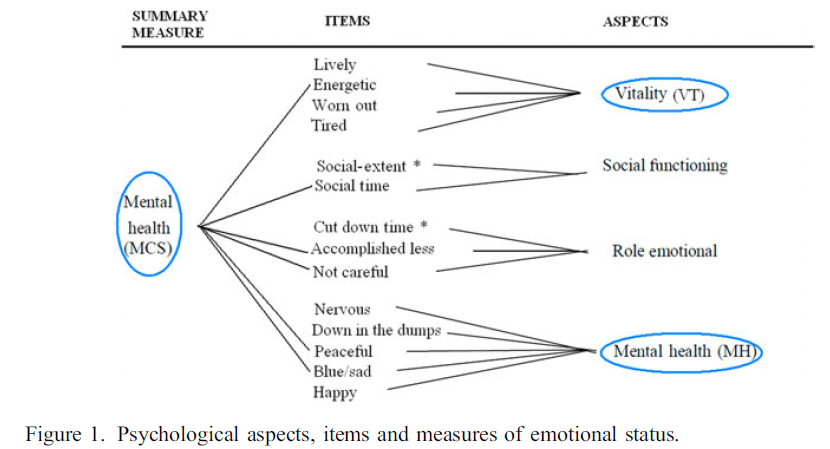Children’s living arrangements have become increasingly diverse and complex in recent decades. A significant proportion of children today grow up in stepfamilies or in separated one-parent families.There has been a wide range of literature that has explored the impact of these family configurations on children’s outcomes later in life. Silvia Meggiolaro and Fausta Ongaro focus on an aspect that has received less attention: children’s emotional status related to non-traditional family forms.
Lower levels of psychological well-being?
In this study, the researchers explore whether adolescents living in separated single parent and in stepparent families have lower levels of psychological well-being than those living in more traditional families. The authors used cross-sectional data from an Italian nationally representative survey conducted between 2004 and 2005: the Survey on Health Status of the Population and Use of Health Services. Adolescent emotional status was measured using three indicators: (1) two indexes that examined specific features of psychological health: Vitality (VT) and Mental Health (MH), and (2) a synthetic index of psychological health (the Mental Component Summary - MCS), built by the Italian National Statistics Office (ISTAT).

* : Not available in the questionnaire. Source: Meggiolaro and Ongaro, 2014.
Family resources do not play a direct or an indirect role
The results suggest that adolescents living in non-traditional families do not necessarily display a worse emotional status than those living with both biological parents. Children living with a separated single parent do not have poorer psychological well-being, and family resources do not play a direct or an indirect (through poor parental health or lower income) role in this relationship.
In turn, children in stepfamilies were found to present worse emotional statuses than those living with both biological parents. However, this effect – which does not depend on parental resources – is weak and limited to the MH index. According to the authors, this slightly poorer emotional health of adolescents living in stepfamilies might depend on specific features of family context like low quality of relationships between children and adults. Another explanation could be cumulative, stressful experiences derived from multiple transitions or adjustments to new circumstances – through subsequent family forms.
Characterised by different circumstances
Unexpectedly, adolescents living with widowed single parents show slightly higher values for “Vitality” than those living with both biological parents. This result suggests that the transition to a widowed single-parent family is characterised by different circumstances than the transition to a separated single-parent family, which shows the importance of distinguishing these two different types of single parent families.
To summarise, in Italy, at least for the period examined in the paper, the effects of parental separation and re-partnering on adolescents’ emotional status are rather weak, and the relatively high social and economic costs of divorce associated with a traditional family context do not necessarily imply negative consequences for children’s emotional status.

*This PopDigest has received funding from the European Union's Seventh Framework Programme (FP7/2007-2013) under grant agreement n° 320116 for the research project FamiliesAndSocieties.
FamiliesAndSocieties (www.familiesandsocieties.eu) has the aim to investigate the diversity of family forms, relationships and life courses in Europe, to assess the compatibility of existing policies with these changes, and to contribute to evidence-based policy-making. The consortium brings together 25 leading universities and research institutes in 15 European countries and three transnational civil society organizations.